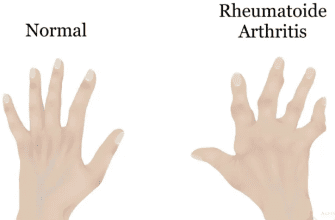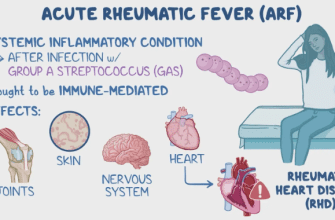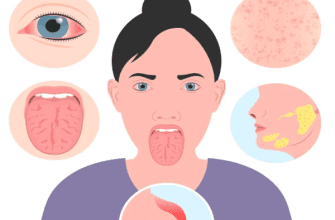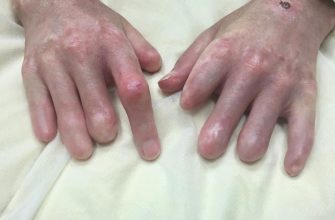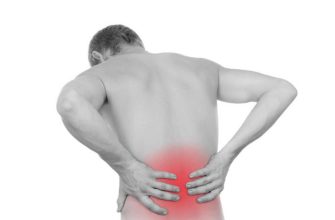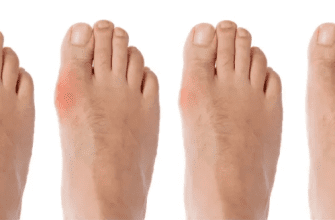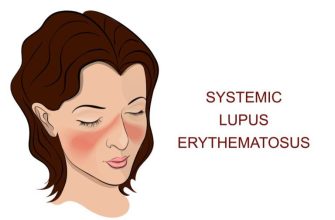Definition:
Allergic rhinitis (also known as hay fever) is an IgE-mediated inflammatory response of the nasal mucosa to airborne allergens, leading to sneezing, nasal congestion, rhinorrhea (runny nose), and itching. It can be seasonal (e.g., pollen allergies) or perennial (e.g., dust mites, pet dander).
Etiology & Causes
Allergic rhinitis occurs when the immune system overreacts to harmless substances (allergens), triggering histamine release and inflammation.
Common Triggers:
- Outdoor allergens: Pollen (trees, grasses, weeds), mold spores.
- Indoor allergens: Dust mites, pet dander (cats/dogs), cockroach particles, mold.
- Occupational allergens: Flour, latex, wood dust, chemicals.
- Other factors: Air pollution, cigarette smoke, strong odors, cold air (non-allergic triggers).
Symptoms
Symptoms may be seasonal or year-round, depending on the allergen:
- Nasal: Sneezing, runny nose (clear discharge), nasal congestion, itching.
- Ocular (eyes): Redness, itching, watery eyes (allergic conjunctivitis).
- Throat/Ears: Postnasal drip, throat irritation, ear fullness.
- General: Fatigue (due to poor sleep from congestion), headache, reduced smell.
Diagnosis
- Clinical History: Pattern of symptoms (seasonal vs. perennial), triggers, family history.
- Physical Exam:
- “Allergic shiners” (dark under-eye circles)
- “Allergic salute” (nose rubbing causing a crease)
- Pale, swollen nasal mucosa
- Allergy Testing:
- Skin prick test (most common) – detects IgE-mediated reactions.
- Blood test (specific IgE, e.g., RAST/ImmunoCAP) – measures allergen-specific antibodies.
- Nasal Endoscopy (if needed) – to rule out polyps or chronic sinusitis.
Prevention
- Avoid allergens:
- Keep windows closed during high pollen seasons.
- Use HEPA air filters, dust mite-proof bedding.
- Wash pets regularly or keep them out of bedrooms.
- Nasal saline irrigation (e.g., neti pot) to flush allergens.
- Wear a mask when cleaning or gardening.
Treatment
1. Medications:
- Antihistamines (oral/nasal):
- Loratadine, cetirizine, fexofenadine (non-sedating).
- Azelastine (nasal spray) for faster relief.
- Intranasal Corticosteroids (most effective for persistent symptoms):
- Fluticasone, mometasone, budesonide.
- Decongestants (short-term use only):
- Pseudoephedrine, oxymetazoline (avoid >3 days to prevent rebound congestion).
- Leukotriene Receptor Antagonists:
- Montelukast (especially if asthma coexists).
- Mast Cell Stabilizers:
- Cromolyn sodium (prophylactic use).
- Allergen Immunotherapy (for severe cases):
- Subcutaneous (allergy shots) or sublingual tablets (long-term tolerance induction).
2. Home Remedies:
- Saline nasal rinses.
- Steam inhalation.
- Hydration to thin mucus.
When to See a Doctor (Sound the Alarm)
Seek medical attention if:
✅ Symptoms persist despite over-the-counter treatments.
✅ Severe congestion leads to sinus pain, ear infections, or sleep apnea.
✅ Asthma flares (wheezing, shortness of breath).
✅ Fever or colored nasal discharge (may indicate sinus infection).
✅ Need for long-term medication management.
Conclusion
Allergic rhinitis is common but manageable with allergen avoidance, medications, and immunotherapy in severe cases. If symptoms interfere with daily life or worsen, consult an allergist or ENT specialist for personalized care.

